News: Australia
Australia-Singapore Digital Trade Agreement: Setting new benchmarks in Trade Governance

Jane Drake-Brockman, Industry Professor, Institute for International Trade, The University of Adelaide.
Australia has achieved its most comprehensive deal on digital trade. The government has put down clear markers for other bilateral and regional trade negotiations, including with the EU; and taken a global leadership role, along with Singapore, in signalling vital directions for the WTO negotiations on Electronic Commerce (e-commerce).
Prospects for Australian free trade with a post-brexit United Kingdom
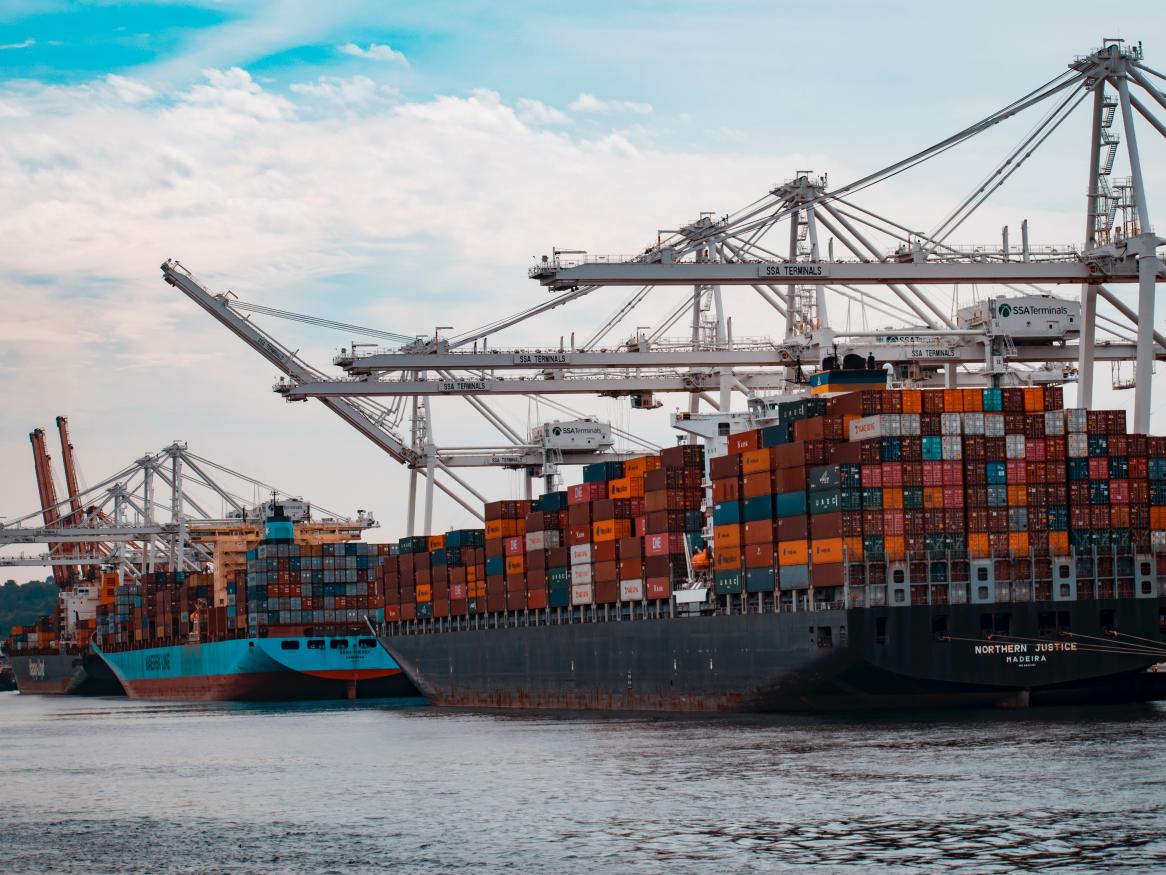
Andrew Stoler, former WTO Deputy Director-General; former Office of the United States Trade Representative senior trade negotiator; and former Executive Director of Institute for International Trade.
Now that the United Kingdom (UK) is once again pursuing an international trade policy independently of its previous membership in the European Union (EU), the UK Government has made clear that it intends to pursue free trade agreements (FTAs) with “Anglosphere” countries (United States, Canada, Australia and New Zealand).
[Read more about Prospects for Australian free trade with a post-brexit United Kingdom]
What can Australia gain from agricultural subsidy reform?
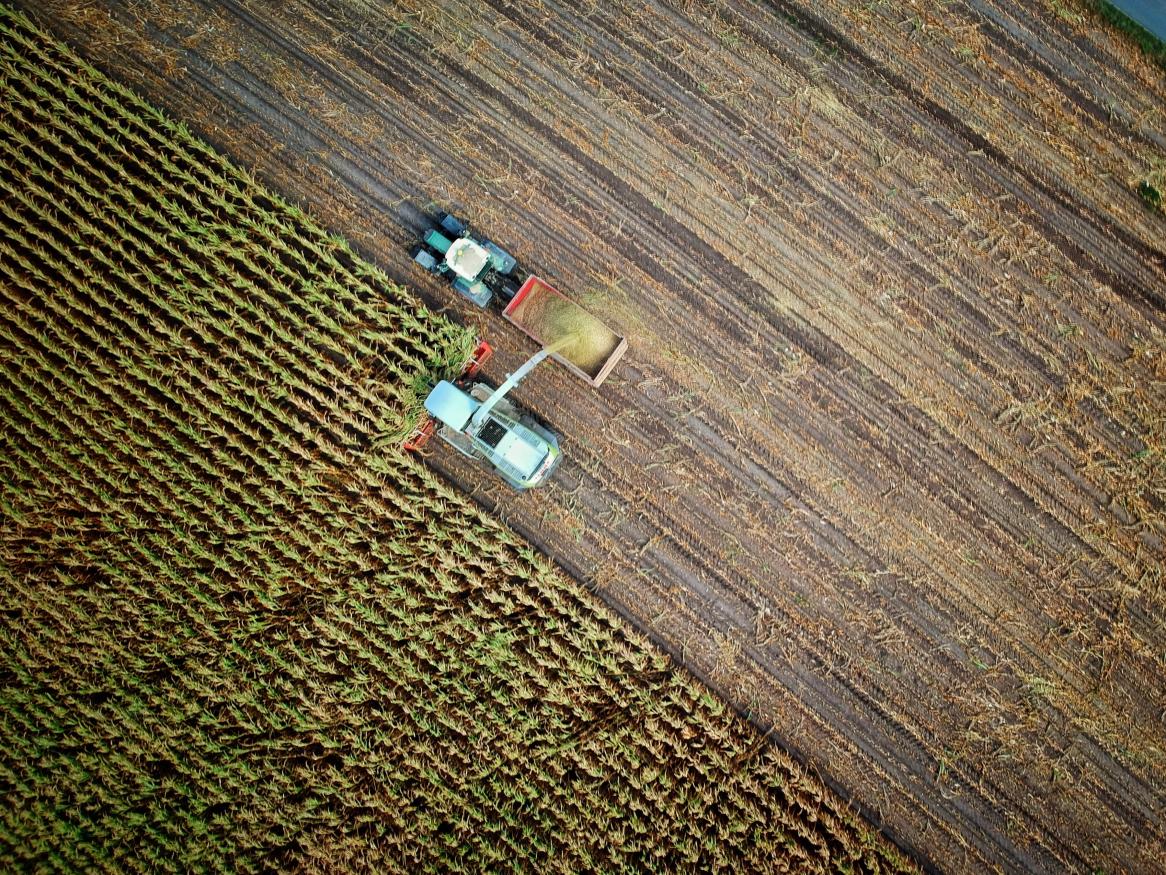
Kym Anderson, George Gollin Professor Emeritus, School of Economics, University of Adelaide; CEPR Fellow; and Honorary Professor of Economics, Arndt-Corden Dept of Economics, Australian National University.
Even though research earlier this century suggested market access barriers were far more important than domestic subsidies in restricting global farm trade, new analysis suggests farm subsidies have become far more important in recent years.
[Read more about What can Australia gain from agricultural subsidy reform?]
The “German” debate on supply chain ethics: assessing the role for businesses in human rights enforcement

Andreas Freytag, Professor and Chair of Economic Policy, Friedrich Schiller University, Jena, and Dr Naoise McDonagh, Lecturer in Political Economy, Institute for International Trade, University of Adelaide.
International supply chains have become a topic of fierce debate in Germany over the past weeks, and perhaps surprisingly not for pandemic-related issues. Proposed new laws requiring due diligence by firms to prevent human rights violations in their supply chains sparked controversy over the degree of responsibility firms can realistically be expected to bear, and how they may enforce this obligation.
The Perfect Storm: Interventionism, Inequality, Decoupling and Zombies

Carlos A. Primo Braga, Associate Professor, Fundação Dom Cabral and former Director, Economic Policy and Debt, The World Bank.
Covid-19 already ranks among the most impactful pandemics of the last 100 years. Most governments have put their economies in a temporary “coma” with a view to mitigate the spread of the virus (SARS-CoV2). This inevitably increases the economic pain associated with the pandemic in the short run and generates pressures for a quick return to normality. Lessons from the past, however, suggest that the health crisis can go on for much longer than most politicians anticipate.
[Read more about The Perfect Storm: Interventionism, Inequality, Decoupling and Zombies]
COVID-19 provides a rare chance for Australia to set itself apart from other regional powers. It can create a Pacific ‘bubble’

Peter Draper Executive Director: Institute for International Trade, University of Adelaide and Jim Redden Senior Lecturer & Visiting Fellow, Institute for International Trade, University of Adelaide.
For a short time Australia has an unrivalled opportunity to set itself apart from donors to the Pacific including China, Japan and the European Union. As Victoria’s current COVID-19 spike shows, it will take Australia some time to open its borders to the world and allow residents to travel wherever they like. But there’s no reason why it shouldn’t open its borders to some parts of the world sooner than others, especially those in which it has a special interest and in which the spread of coronavirus is slowing.
Brexit Done, A UK-EU Trade Agreement to Go?

By Richard Pomfret, Professor of Economics & Jean Monnet Chair Economics of European Integration, the University of Adelaide
A trade agreement between the UK and EU27 looks in trouble. The UK left the EU on 31 January. 2020 is the transition year when the Withdrawal Agreement is implemented and the UK and EU reach agreement on their future relations. Distracted by COVID, some people, e.g. Irish deputy PM Simon Coveney, argue that this timeframe for reaching agreement in future relations is too short, while UK negotiators insist that the deadline is non-negotiable.
[Read more about Brexit Done, A UK-EU Trade Agreement to Go?]
Responding to COVID-19: A key role for ASEAN in the region
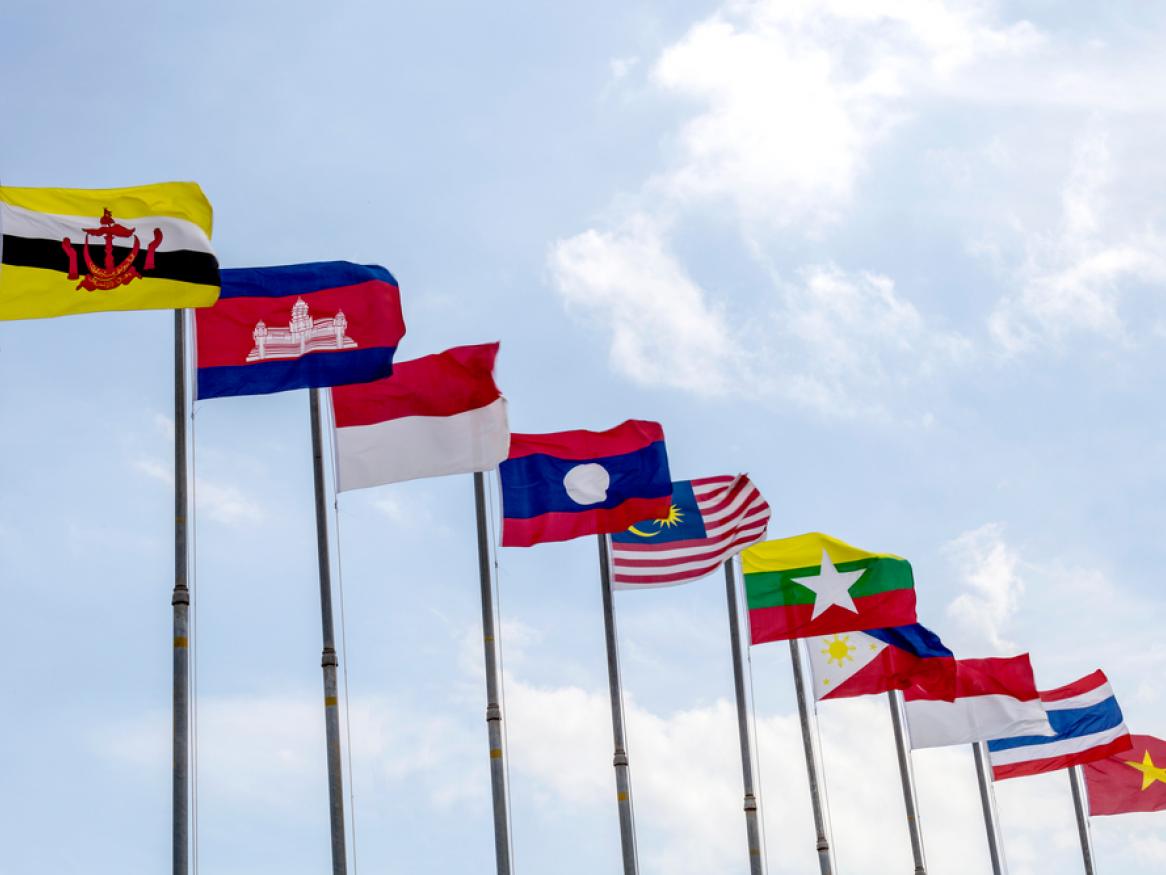
By Milton Churche and Michael Mugliston, visiting fellows, Institute for International Trade, University of Adelaide.
A key characteristic of the health and economic crises unleashed by Covid-19 is the very high degree of uncertainty over the course of the disease, the trajectory of the economic downturn and the roadmap for restoring sustained economic growth. Indexes measuring global policy uncertainty are showing unprecedented levels of uncertainty. The World Pandemics Uncertainty Index that measures economic uncertainty associated with pandemics and other disease outbreaks since 1996 is at record highs.
[Read more about Responding to COVID-19: A key role for ASEAN in the region]
India’s Trade Policy: Embracing national interests and selective engagement
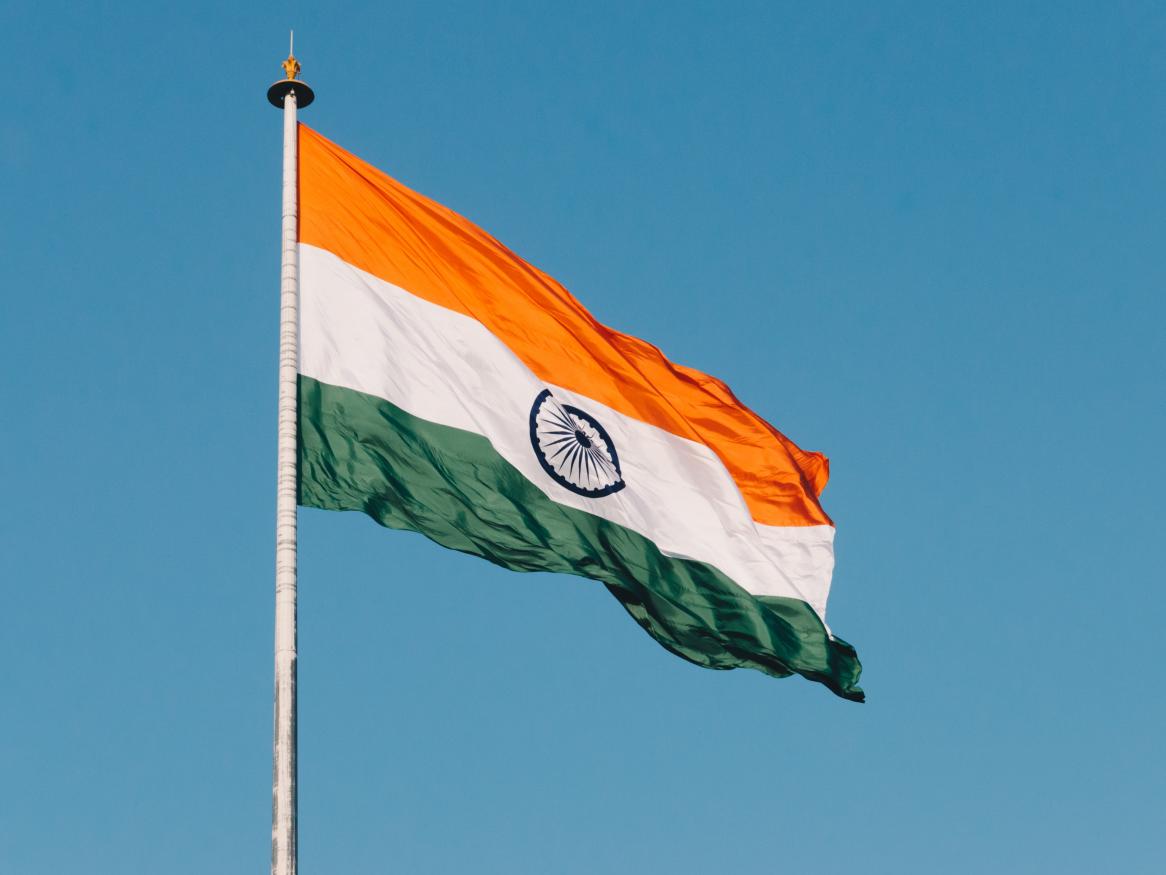
By Amitendu Palit, Senior Economic and Trade Policy Research Fellow at the Institute of South Asian Studies in the National University of Singapore.
Six months have passed since India decided to stay out of the Regional Comprehensive Economic Partnership (RCEP). With the rest of the RCEP members going ahead with the agreement and finalizing its text, India is unlikely to be a part of RCEP in the foreseeable future. This is notwithstanding the hint dropped by India’s external affairs minister Dr. S Jaishankar earlier in the year on India ‘rethinking’ the decision.
[Read more about India’s Trade Policy: Embracing national interests and selective engagement]
China used anti-dumping rules against us because what goes around comes around
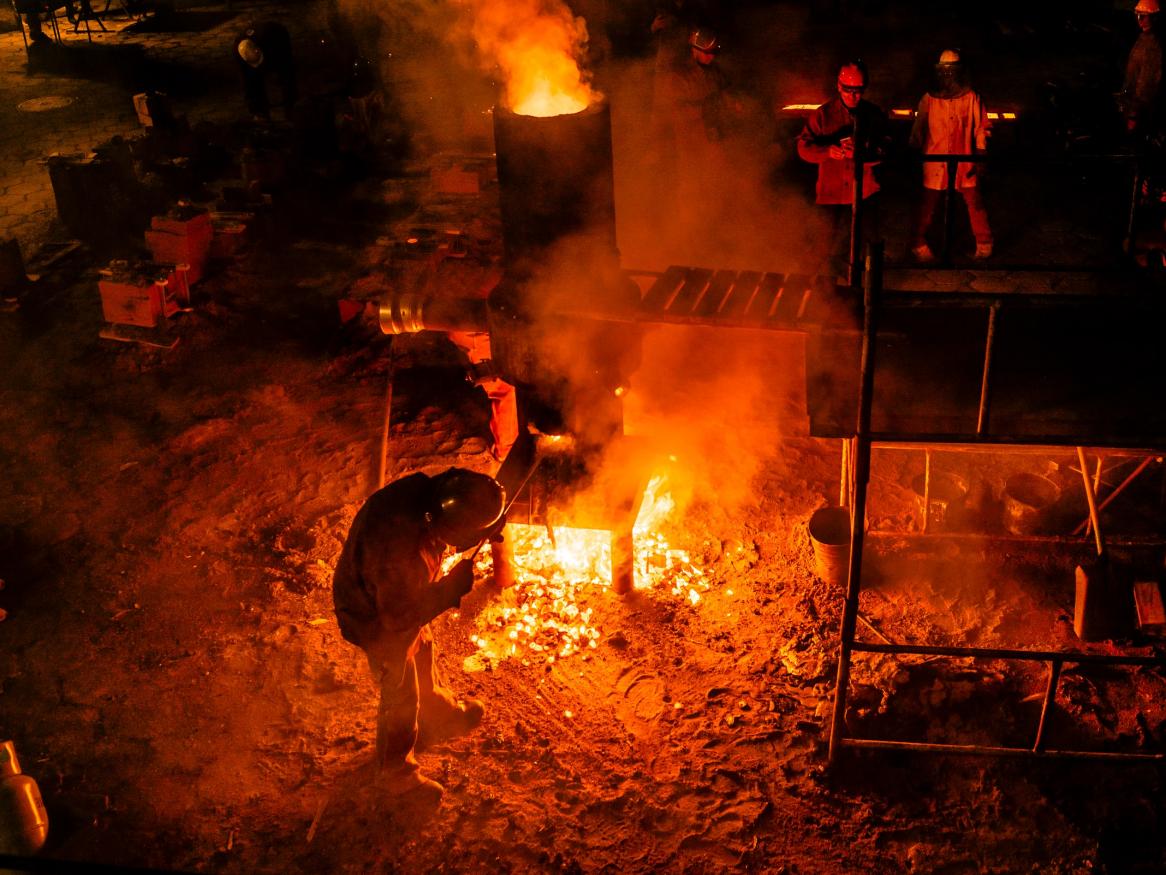
Australia has acted with dismay to China’s decision to impose punitive mostly “anti-dumping” tariffs of 80.5% on imports of Australian barley. The culmination of an 18-month investigation, China’s move threatens to wipe out Australian barley exports to China, worth A$600 million in 2019, unless China withdraws the measure either unilaterally or following a successful challenge at the World Trade Organisation (WTO). However poorly justified, there are precedents for what China has done, many of them from Australia.
[Read more about China used anti-dumping rules against us because what goes around comes around]
This work is licensed under Commons Attribution-NonCommercial-NoDerivatives 4.0 International License.
IIT is a global leader in researching, analysing and commenting on International Trade.
Stay informed about our up-and-coming seminars, events, publications, awards, new projects and collaborations, and other exciting news.
